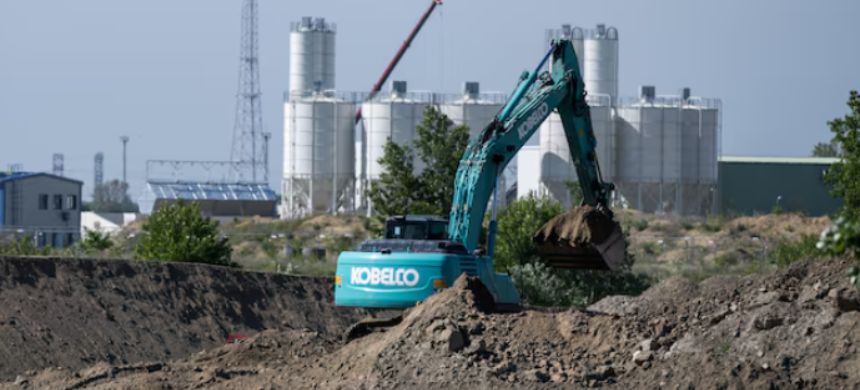Hungary’s energy ministry has announced plans to potentially exceed the temperature limit for a section of the Danube River that receives cooling water from the Paks nuclear power plant. This move is considered necessary for maintaining a secure energy supply.
Key Points:
- Current Regulations:
- The Paks nuclear power plant uses the Danube River water for cooling its four reactors.
- Present regulations prohibit discharging water into the river if its temperature exceeds 30°C, requiring the plant to reduce output until the river cools below this threshold.
- Climate Change Impact:
- Increasing summer temperatures and low water levels, exacerbated by climate change, are causing the temperature limit to be reached more frequently.
- Proposed Changes:
- The temperature limit will remain but can be exceeded with the energy minister’s approval on a case-by-case basis when it is unavoidable for ensuring the security of the energy supply.
- Rationale:
- Reducing the plant’s output during high-temperature periods could jeopardize the stable energy supply for domestic consumers, especially in a tight energy market.
- Therefore, it might be justified to allow temporary exceedances of the temperature limit to maintain energy security.
- Paks Nuclear Power Plant:
- The plant consists of four Russian-built VVER 440 reactors, with a total capacity of about 2,000 megawatts.
- These reactors became operational between 1982 and 1987 and are scheduled for retirement between 2032 and 2037.
- Hungary plans to expand the plant with two additional VVER reactors, each with a capacity of 1.2 gigawatts, to be built by Russia’s Rosatom.
This decision highlights the balancing act between environmental considerations and the need for a stable energy supply, especially in the face of changing climatic conditions and growing energy demands.











